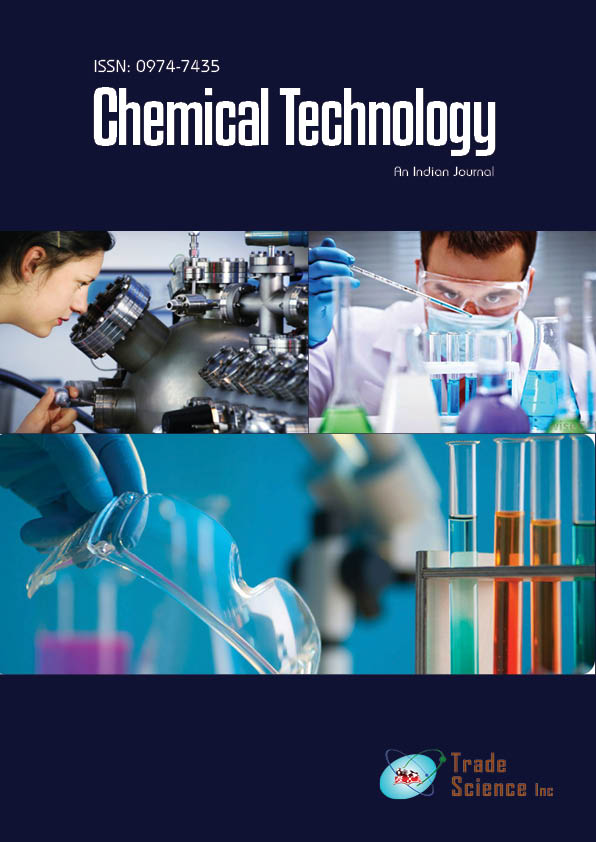抽象的
The applications of advanced metabolic engineering in food, nutraceutical and cosmetic industry
Simon ZHANG Congqiang
Nutraceuticals and cosmetic ingredients have high values and command large markets. Currently, fermentation processes, chemical synthesis or the combination of the two approaches (or semi-synthesis) supply the bulk of these ingredients. Compared to total chemical synthesis, microbial fermentation has several benefits: efficient production of enantiopure compounds, and the use of sustainable biomaterials that are environmentally friendly, avoiding the use of toxic solvents and catalysts. However, microbial fermentation has limitations and the major one is the relatively low titers and yields in production. The challenges of biomanufacturing of natural products lie partially in the complexity of biological systems, such as intricate cellular metabolism and multilayer regulation networks at the transcriptional, translational and post-translational levels. To overcome it, we have developed some innovative methods and toolboxes (A â??plug-n-playâ?ÂÂÂÂ modular biosystem, and Multidimensional Heuristic Process), that significantly increased the production yields and greatly reduced the production costs. Such approaches is gradually competing with chemical synthesis approach and outperforming traditional extraction method in both sustainability, quality and costs. Looking forward, biotechnology-inspired microbial synthesis will be a significant contributor to food, nutraceutical and cosmetic industry
